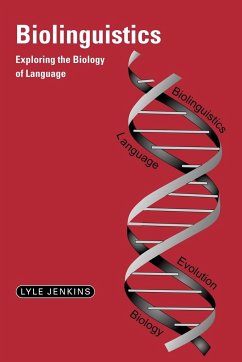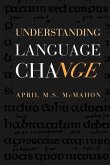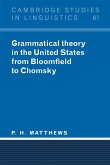This book investigates the nature of human language and its importance for the study of the mind. In particular, it examines current work on the biology of language. Lyle Jenkins reviews the evidence that language is best characterized by a generative grammar of the kind introduced by Noam Chomsky in the 1950s and developed in various directions since that time. He then discusses research into the development of language which tries to capture both the underlying universality of human language, as well as the diversity found in individual languages (Universal Grammar). Finally, he discusses a variety of approaches to language design and the evolution of language. An important theme is the integration of biolinguistics into the natural sciences - the 'unification problem'. Jenkins also answers criticisms of the biolinguistic approach from a number of other perspectives, including evolutionary psychology, cognitive science, connectionism and ape language research, among others.
Table of contents:
Introduction; 1. The unification problem; 2. Knowledge and use of language; 3. Acquisition (growth) of language; 4. Mechanisms of language; 5. Evolution of language; 6. Conclusion.
This book investigates the nature of human language and its importance for the study of the mind. It considers language from a biological point of view and, uniquely, argues that genetic or biological endowment plays a more central role in language acquisition than instruction, learning, or cultural determinants.
Argues that biology plays a more central role in language acquisition than teaching or learning.
Hinweis: Dieser Artikel kann nur an eine deutsche Lieferadresse ausgeliefert werden.
Table of contents:
Introduction; 1. The unification problem; 2. Knowledge and use of language; 3. Acquisition (growth) of language; 4. Mechanisms of language; 5. Evolution of language; 6. Conclusion.
This book investigates the nature of human language and its importance for the study of the mind. It considers language from a biological point of view and, uniquely, argues that genetic or biological endowment plays a more central role in language acquisition than instruction, learning, or cultural determinants.
Argues that biology plays a more central role in language acquisition than teaching or learning.
Hinweis: Dieser Artikel kann nur an eine deutsche Lieferadresse ausgeliefert werden.








